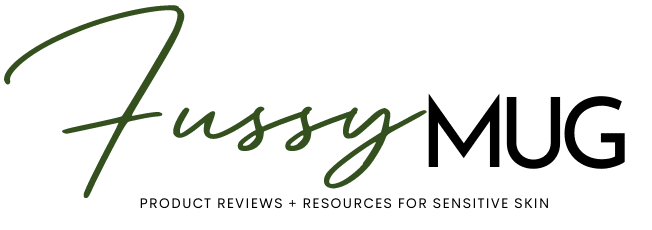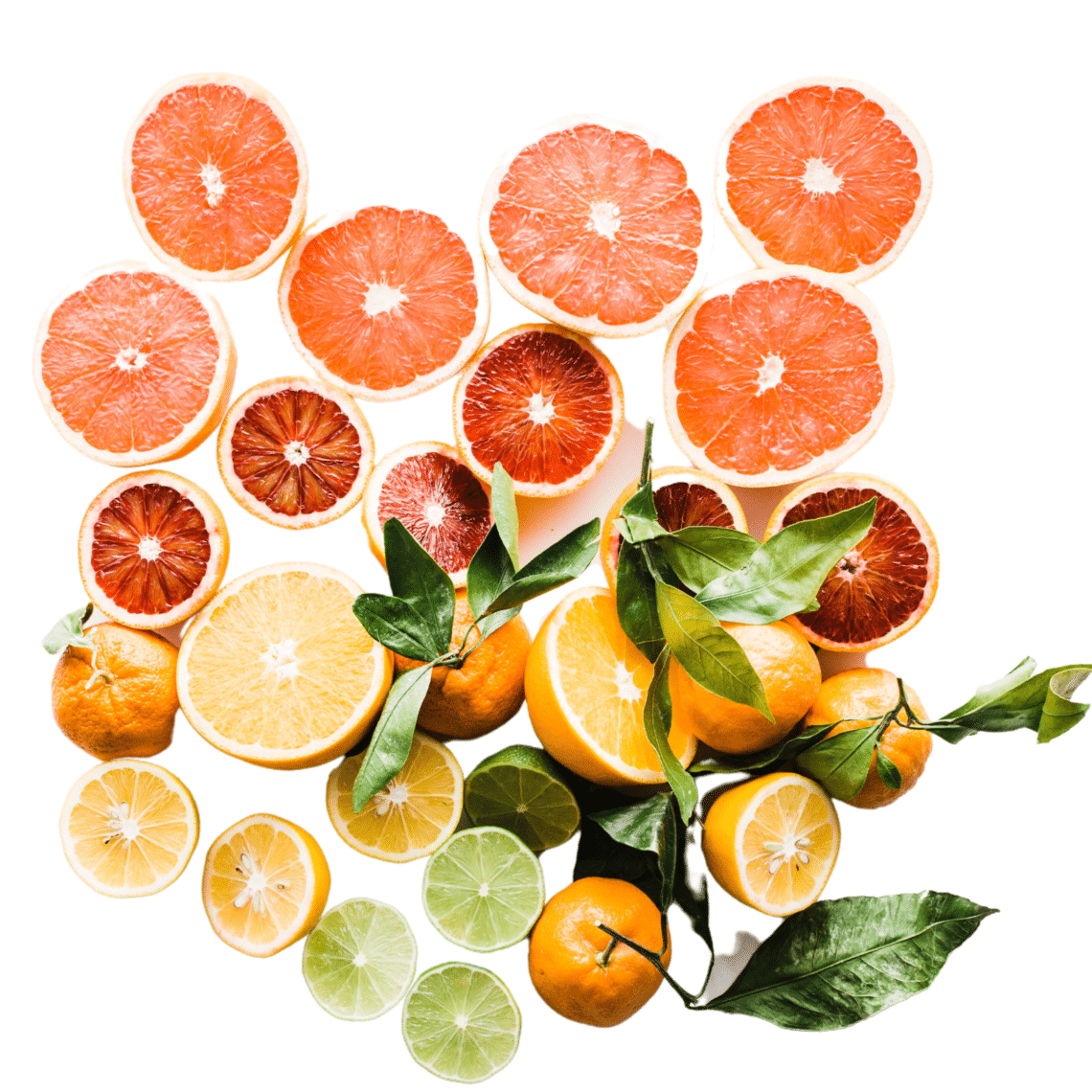Histamine Intolerance Foods To Avoid
Wondering which histamine intolerance foods to avoid? In my previous article, I covered which foods were low in histamine. Here, I’ll cover which foods are high in histamine and when/if you should avoid eating them if you’re following a low histamine diet.
Aged Equals Histamine
In the spirit of not overly complicating things. The number one rule of thumb when following a low histamine diet is aged equals histamine. The longer its aged, the higher the histamine. For example, things like aged cheese, vinegar, processed meat, sauerkraut, alcohol, tea, etc. All of these things go through an aging process. As a result, histamine is produced. The longer it ages, the more histamine it contains. Fresh foods have less histamine.
Being diagnosed with MCAS or histamine intolerance and trying to figure out what you can and can’t eat, can feel extremely daunting. But fear not. You’ll get the hang of it. And when you do, things will feel a lot less stressful. When I switched from focusing on what I couldn’t eat, to what I could. I felt a lot less frustrated about what I was missing out on. My new goal was to figure out what foods I could eat, and make it delicious. And that’s what I’ve been focusing on ever since.
Don’t get me wrong. There are still days that I wish I could snack on a spoon full of crunchy peanut butter. But now I have alternate options, like macadamia nut butter (the only nut I can tolerate) that are just as satisfying. So I don’t feel like I’m missing out.
Your Mileage May Vary
Remember that when it comes to MCAS and histamine intolerance, your experience may be very different from the next person’s experience. The number one goal is to be able to manage your symptoms by eating a well-balanced diet that includes a wide variety of foods. Just because a food is considered high histamine, does not mean you won’t be able to ever eat it. There can be ebbs and flows to histamine intolerance, which is part of what makes it so tricky.
The lists that you find on the internet are just frameworks to help you determine what may or may not work for you. You may find that you are in fact able to eat several things on this list with no issues. But just remember, histamine builds. You may be able to tolerate a food one day, but you could have a reaction to that same food the very next day.
The key is to practice mindful experimentation along with following the proper guidance from your healthcare practitioner. And when things feel overwhelming, just do your best. That’s all we can do. 🙂
List of High Histamine Foods PDF
For convenience, I’ve created a printable version of this list. Print it out and put it on the refrigerator or on your corkboard for quick reference!
Vegetables
- Canned Vegetables
- Chickpeas
- Eggplant
- Fermented Vegetables
- Green Beans
- Kimchi
- Mushrooms
- Peas
- Pumpkin
- Pickled Vegetables
- Sauerkraut
- Spinach
- String Beans
- Soybeans / Edamame
- Tomato
Fruits
- Avocado
- Bananas
- Dates
- Dried Fruit
- Canned Fruit
- Citrus Fruits
- Olives
- Papaya
- Pineapple
- Plums
- Preserved Fruits
- Prunes
- Raisins
- Strawberries
Legumes
- Canned and pickled beans of any variety
- Lentils
- Peanuts
- Soybeans + Its Byproducts (tofu, edamame, miso, tempeh, soy sauce, etc.)
Protein
- Aged Beef + Game
- Bacon
- Deli Meat
- Ground Meat (ground beef, turkey, chicken, etc.)
- Hot Dogs
- Jerkey
- Leftover Meats
- Pepperoni
- Processed + Canned Meats (Spam, tuna, chicken, etc.)
- Raw Egg Whites + Its Byproducts (mayonnaise, aioli, hollandaise etc.)
- Salami
- Sausage
- Shellfish
- Smoked Salmon
Dairy, Cheese + Milk
- Aged Cheese
- Buttermilk
- Kefir
- Nut Cheese (any nuts that may cause flare-ups for you should be avoided)
- Nut + Seed Milk (any nuts that may cause flare-ups for you should be avoided)
- Sour Cream
- Soy Milk
- Yogurt
Nuts + Seeds
- Cashews
- Coconut (and its byproducts)
- Peanuts
- Walnuts
Butter + Oils
- Refined Nut Oils (coconut, palm, peanut, etc.)
- Canola Oil
- Corn Oil
- Coconut Butter
- Soybean Oil
- Safflower Oil
- Sunflower Oil
- Vegetable Oil
Herbs, Spices + Flavorings
- Allspice
- Anise
- Bouillon
- Cinnamon
- Chili Powder (red, ancho, allepo, cayenne, chipotle, etc.)
- Cloves
- Curry Powder (blends that do not contain high histamine ingredients)
- Mace
- MSG (Monosodium Glutamate)
- Mustard (low in histamine, but a histamine liberator)
- Nutmeg
- Paprika
- Pepper (black + white pepper)
Sweeteners
You will find that there is some overlap between the low histamine and high histamine sweeteners category. As I mentioned in the low histamine food article. Although not high in histamine, sugar and its cousins (honey, agave, maple syrup, molasses, etc.) raises your blood sugar, which has the potential to increase your histamine levels.
Additionally, sugar-free alternatives like erythritol and xylitol do not raise your blood sugar as much. But are heavily processed and typically derived from corn. Proceed with caution when determining which sweetener is right for you.
- Agave
- Honey
- Maple Syrup
- Molasses
- Sugar
- Sugar Alcohols (erythritol, maltitol, xylitol, etc.)
Beverages
- Alcoholic Beverages
- Chicory Root Coffee
- Coffee
- Citrus Juice
- Kombucha
- Tea (black, green, matcha, nettle)
- Sodas
Interested in knowing which foods are low in histamine? Check out this article on which foods to eat when following a low histamine diet.
Are you on a low histamine diet? Is it working for you? Let me know in the comments.


2 Comments
Margaret
February 22, 2024 atWhat happens during a flare up of histamine overload for you?
Nicole
February 26, 2024 atHi Margaret! When I have a flare up I break out into hives. I also experience GI issues with histamine overload so I try and avoid foods that are high in histamine. How about you? Do you experience histamine intolerance?